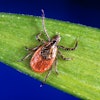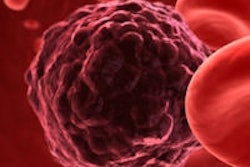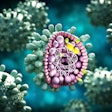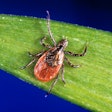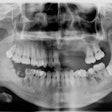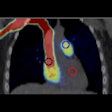A group of proteins involved in immunity can also develop detrimental genetic mutations often found in cancers of the head and neck, bladder, cervix, breast, and lung, according to a new study in Nature Genetics (July 14, 2013).
Some proteins involved in immunity that are supposed to defend the body also create a number of mutations in DNA, according to researchers from the National Institutes of Health. These genetic mutations may be just as powerful as other known causes of cancer in producing tumors in humans, the researchers noted.
Their study focused on a group of proteins called APOBEC (apolipoprotein B mRNA-editing enzyme catalytic polypeptide-like cytidine deaminases). When these proteins mutate, they can account for the majority of mutations in some cancers, most notably bladder, cervical, breast, head and neck, and lung cancers.
APOBEC proteins are generally known to be beneficial, shutting down viruses that attack the body. But the researchers were surprised to find that they are also a detriment, mutating DNA. They examined 954,247 mutations within 2,680 cancer samples and found that 68% of the mutations resulted from the APOBEC protein in some tumors.
The researchers believe that since the immune system -- which is influenced by environmental factors -- regulates APOBECs, the mutation of them may also be influenced by external factors.


